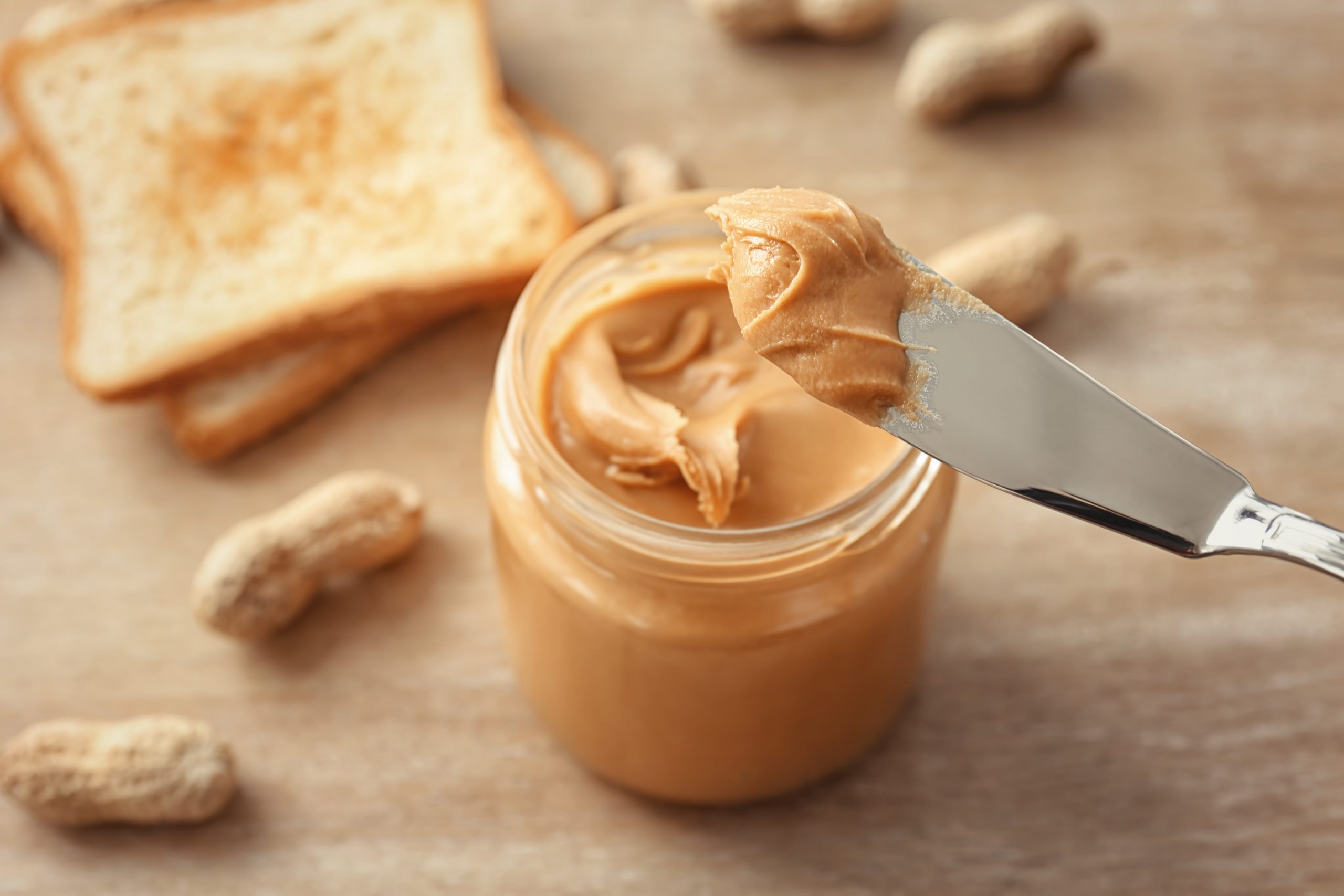Peanut butter is one of the dietary components with extended shelf lives, and you would certainly appreciate knowing whether it goes bad, how to know that it has gone bad, and how to extend its shelf life with good storage.
Peanut is one of the pantry samples in many households because of the wonderful spread you get with bread. Besides, it is one of the ingredients for home baking. You go to the pantry and pick that peanut butter that has been there for a long time, God knows how long. And you keep wondering, is it alright? Could it have gone bad? And how should you store it to maximize its shelf life? You are in the right place because this article addresses these questions.
Can peanut go bad?
Probably you are wondering if peanut can go bad. You are not alone; there are many others with the same question. The answer is yes; peanut butter can go bad, only that it may take a long time for this to happen. Hydrogenated vegetable oil, stabilizers, and preservatives are among the many additives on the bought peanut butter added to increase the butter’s shelf life, but it can go bad nonetheless.Peanut butter is also low in moisture content, lowering the risk of microbial growth. While peanut may not be invaded by microbial growth, its interaction with air puts it at risk of going bad. It can stay for 6-24months unopened depending on where and how you store it. I can also last three months only once opened.
How long will my peanut butter last?
There are many types of spread, but peanut may top the list of the spreads with long shelf lives. While other spreads may only go bad after a few months, peanut butter could last really long. One explanation for this is the fact that their shelf life is naturally extended. They have oil at the top, which forms a film preventing microbial growth. Besides, the manufacturing process of peanut butter also makes it stay long before going bad. Preservatives like sodium benzoate and stabilizers such as hydrogenated oil are additives in the peanut butter manufacturing process that contribute to the butter’s extended shelf life.
The stabilizers prevent the butter from separating, which is normal for peanut butter and happens due to its interaction with air. While it does not signify that the butter has gone butter, it compromises the quality. Preservatives like sodium benzoate prevent a microbial attack, boosting the butter’s shelf life. Consequently, the butter can stay 6-24months before going bad if it remains unopened. However, after opening, it could stay for 3-4months, then it goes bad. These periods describe pantry conditions, and they would be extended if you kept the butter in the fridge.
What about natural peanut butter?
At the supermarkets and shopping malls, you may come across spreads labeled ‘natural.’ Such have a high peanut content, about 90%. Still, most of these lack the stabilizers and preservatives that would extend their shelf lives, and they would not last long. Unopened, they can stay in the pantry for several months without going bad. However, once opened, they only stay for a month in the pantry. To extend their shelf life, you might have to put them in the fridge. Refrigeration extends their life since opened peanut butter stays fresh in the refrigerator for 3-4months, while the unopened one lasts about one year in similar conditions.
Powdered peanut butter
This is yet another form of peanut butter that’s new in the market but could last longer. In manufacturing them, most oil content is removed. The remaining nut content forms the butter. Their ‘best before’ date indicates that they could last 4-6months opened and 10-12months unopened. Of course, this can be extended by refrigerating the butter. In addition, keeping it in a cool, dry place typical of pantries helps the butter stay longer. Pressing out of oil in the butter puts it at less risk of reacting with oxygen; hence the powdered butter might stay longer.
How to tell that peanut butter has gone bad
The next concern is knowing how to tell that peanut butter has gone bad. Most pre-packaged peanut butter have an expiry date indicated on the container as the ‘best before’ date. Still, has so little to do with the safety of peanut butter which might be fresh even beyond the stated date. However, sight and smell do not lie, and they might be the best parameters to focus on. For instance, while fresh peanut butter will be soft, cream, and light brown, the bad one is a bit rancid. Its color could change to dark brown, and the texture may be hard and dry. What’s more, it might have a sharp metallic, soapy, or bitter smell, any of which indicates that it has gone bad. Lastly, the taste also changes when peanut butter goes bad, and it might be bitter or soapy. Powdered peanut butter might be the hardest to tell if it has gone bad. Looking for changes in smell, taste, and texture could still help you tell the butter’s condition.
Properly storing peanut butter
Knowing how best to store peanut butter could help you lengthen its shelf life. Many people refrigerate peanut butter since refrigeration is one of the butter’s ideal storage options, making it last longer. If you don’t have a refrigerator or do not want to refrigerate the butter, you are not out of options. You could spot a cool, dark, dry place within the pantry, and this will safely store the peanut butter and preserve its shelf life. Besides, ensure that the top of the container is tightly fitting. Loosely closing the container allows air whose interaction with the peanut butter may lead to spoilage.
Conclusion
Peanut is one of the commonest spreads and pantry staples in the household. It’s a great topping for bread and a wonderful ingredient for home baking. This article discussed how long different peanut butter forms can last in different conditions and how best to store peanut butter. Also covered is the information about how to tell that peanut butter has gone bad.









